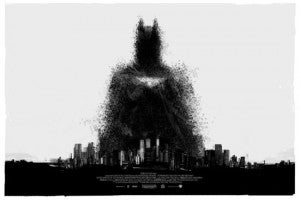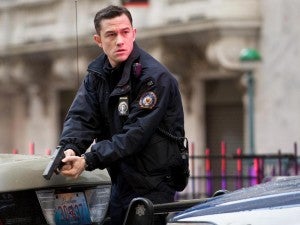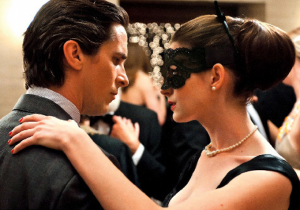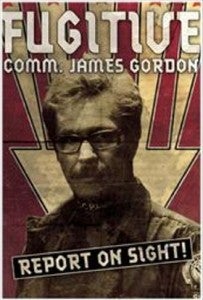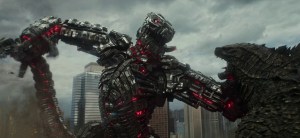The Dark Knight Rises
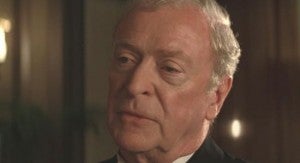 Jim Gordon’s Ending
Gotham City’s Ending
The Dark Knight Rises
The Dark Knight
The Dark Knight Rises
Jim Gordon’s Ending
Gotham City’s Ending
The Dark Knight Rises
The Dark Knight
The Dark Knight Rises
Videos by ComicBook.com
While this writer found the ending to Christopher Nolan’s just-released Batman finale The Dark Knight Rises to be basically perfect, that doesn’t mean it didn’t leave some things open to interpretation. While some of the answers seem obvious at first glance, all one has to do is scour the Internet for about ten minutes to learn that nothing is as clear as it seems.Here at ComicBook.com, we wanted to take a look at some of the questions surrounding that ending, and see where we came up.John Blake’s Ending
at i09 Bruce Wayne’s Ending DC Entertainment: Meet the Publisher panel The Life And Times of Bruce Wayne Batman: R.I.P. Alfred Pennyworth’s Ending


